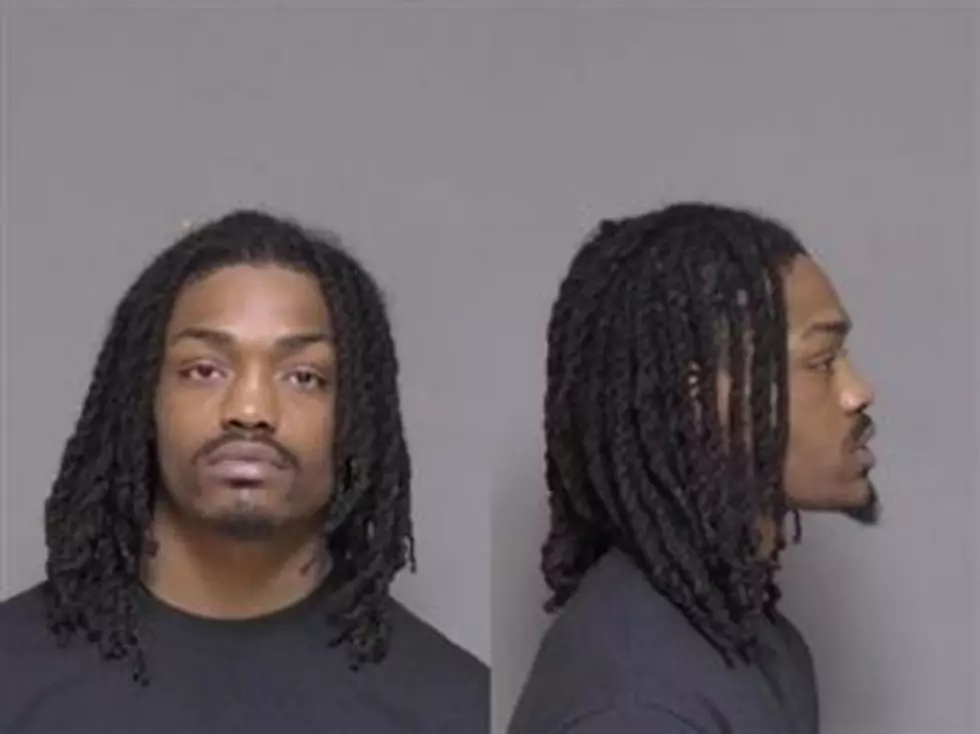
Hung Jury in Kim Potter Trial?

MINNEAPOLIS (AP) -- Jurors weighing the case of the suburban Minneapolis police officer who shot and killed Black motorist Daunte Wright asked the judge after a full day of deliberations Tuesday what they should do if they can’t reach a verdict.
Judge Regina Chu told them to continue working, as was explained in the initial instructions she gave them. The jury also deliberated for about five hours on Monday.
Former Brooklyn Center officer Kim Potter, who is white, is charged with first- and second-degree manslaughter. If convicted of the most serious charge, Potter, 49, would face a sentence of about seven years under state guidelines, though prosecutors have said they will seek more.
Potter said she meant to use her Taser on Wright rather than her gun. Prosecutors presented evidence on the differences between the gun and the Taser, including weight, feel, size, color, and that the gun was holstered on her right side and the Taser on her left.
The jurors asked if they could remove zip ties keeping former Potter's gun in an evidence box so they could hold it, and the judge said they could. Potter attorney Paul Engh objected, saying that the gun should remain in the box “for safety purposes.” The judge overruled him.
Jurors can also examine the Taser during their deliberations.
Chu read the jury's question about deliberating: “If the jury cannot reach consensus, what is the guidance around how long and what steps should be taken?”
She then reread jurors their instructions, which included an instruction to continue to “discuss the case with one another and deliberate with a view toward reaching agreement if you can do so without violating your individual judgment.”
Potter's attorneys objected both to the judge rereading the jury instruction and to allowing jurors to hold the gun. They argued that rereading the jury instruction inappropriately emphasized that paragraph over the rest of the instructions. Chu overruled both objections.
The judge has ordered that the jury be sequestered during deliberations — meaning they remain under the court’s supervision in an undisclosed hotel and cannot return to their homes until they have reached a verdict or the judge has determined they can't reach one. Her order allows them to communicate with family members as long as they avoid discussing the trial.
During closing arguments, prosecutors accused Potter of a “blunder of epic proportions” in Wright's death in an April 11 traffic stop — but said a mistake was no defense.
Potter's attorneys countered that Wright, who was attempting to get away from officers as they sought to handcuff him for an outstanding warrant on a weapons charge, “caused the whole incident.”
The mostly white jury got the case after about a week and a half of testimony about an arrest that went awry, setting off angry protests in Brooklyn Center just as nearby Minneapolis was on edge over Derek Chauvin's trial in George Floyd's death. Potter resigned two days after Wright's death.
Prosecutor Erin Eldridge called Wright’s death “entirely preventable. Totally avoidable.” She urged the jury not to excuse it as a mistake: "Accidents can still be crimes if they occur as a result of reckless or culpable negligence."
“She drew a deadly weapon,” Eldridge said. “She aimed it. She pointed it at Daunte Wright’s chest, and she fired.”
Potter's attorney Earl Gray argued that Wright was to blame for trying to flee from police. Potter mistakenly grabbed her gun instead of her Taser because the traffic stop “was chaos,” he said.
“Daunte Wright caused his own death, unfortunately,” he said. He also argued that shooting Wright wasn't a crime.
“In the walk of life, nobody’s perfect. Everybody makes mistakes," Gray said. “My gosh, a mistake is not a crime. It just isn’t in our freedom-loving country."
Potter testified Friday that she “didn’t want to hurt anybody” and that she was “sorry it happened."
Eldridge said the case wasn’t about whether Potter was sorry.
“Of course she feels bad about what she did. … But that has no place in your deliberations,” she said.
Potter also testified that she acted after seeing “fear” on the face of another officer, then-Sgt. Mychal Johnson, who was leaning into the car’s passenger-side door and trying to handcuff Wright. The defense has argued that Johnson was at risk of being dragged and that Potter would have been justified in using deadly force.
Eldridge countered, saying: “Sgt. Johnson was clearly not afraid of being dragged. He never said he was scared. He didn’t say it then, and he didn’t testify to it in court.”
Chu told jurors that intent is not part of the charges and that the state doesn’t have to prove Potter tried to kill Wright.
The judge said for first-degree manslaughter, prosecutors must prove that Potter caused Wright’s death while committing the crime of reckless handling of a firearm. This means they must prove that she committed a conscious or intentional act while handling or using a firearm that creates a substantial or unjustifiable risk that she was aware of and disregarded, and that she endangered safety.
For second-degree manslaughter, prosecutors must prove she acted with culpable negligence, meaning she consciously took a chance of causing death or great bodily harm.
Rochester's Sidewalk Snow Removal Rules (Scroll Slowly)
More From KROC-AM









